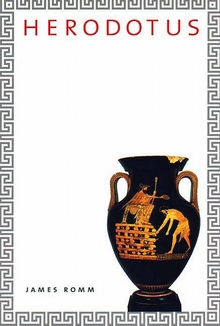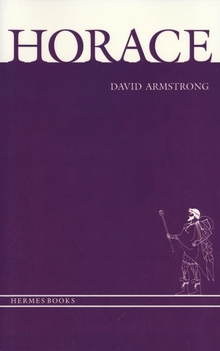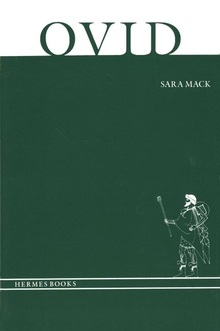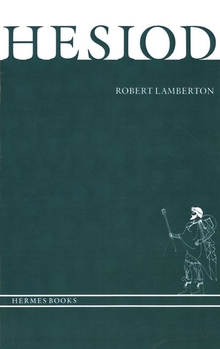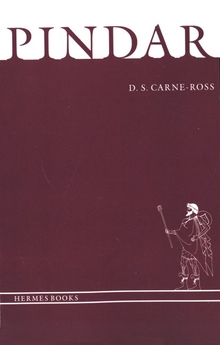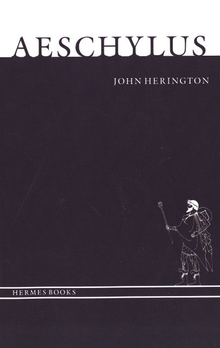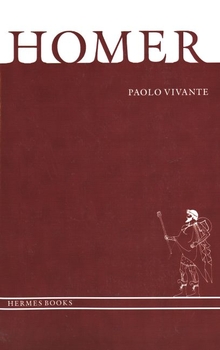Herodotus
WARNING
You are viewing an older version of the Yalebooks website. Please visit out new website with more updated information and a better user experience: https://www.yalebooks.com
James Romm
Although most ancient historians wrote only about events they themselves had lived through, Herodotus explored an era well before his own time—from the rise of the Persian Empire to the Persian invasions of Greece in 490 and 480 B.C., the heroic fight of the Greeks against the invaders, and the final Greek victory. Working without the aid of written sources, Herodotus traveled widely and wove into his chronology descriptions of people and countries he visited and anecdotes that shed light on their lives and customs. Romm discusses the historical background of Herodotus`s life and work, his moralistic approach to history, his insatiable fascination with people and places, his literary powers, and the question of the historical "truth" behind the stories he relates. He gives general readers a fresh appreciation of the Histories as a work encompassing fiction and nonfiction, myth and history, and poetry and prose. Herodotus becomes not simply a source of historical data but a masterful and artistic author who created a radically new literary genre.
Hermes Books
John Herington, Founding Editor
A selection of the History Book Club
“Romm has provided what we have long needed in English: a reliable, sophisticated, well-written, up-to-date treatment of the literary and intellectual aspects of Herodotus’ Histories. It can be recommended enthusiastically to students and interested laypeople alike. Scholars too will learn much from this delightful and stimulating book.”—John Marincola, Classical Journal
"This introduction to Herodotus touches on every aspect of his genius, includes a comprehensive bibliography, and—as part of the admirable Hermes series—is intended for the non-classicist reader."—Washington Post Book World
"In 12 lucid chapters [Romm] places Herodotus in the context of Greek history and literature and identifies the main themes of his great work. [He] clearly analyzes the many ways in which Herodotus used Homer as a literary model."—S. M. Burstein, Choice
"[Romm] aims to instill an appreciation of the greatness of the work, and his book successfully leads the reader to that conclusion. . . . Herodotus remains an immortal read, and Romm provides insightful tips on how to read him."—Gilbert Taylor, Booklist
"This elegant and lively book is addressed, as are all books in the 'Hermes Series,’ to 'the general reader,’ and it succeeds admirably in the way because all Greek is translated, nicely explicated, and often transliterated with English etymological aids. The book will also be illuminating, and often inspiring, to student and scholar. Romm is a good writer and scholar, and a fine teacher. . . . Perhaps the greatest virtue of the book is its success in making us see Herodotus not merely in terms of the cliché, the father of history, but as the developer of a new literary genre and as the wielder of a rich mind, talent, and complex imagination."—Robert Sonkowsky, Key Reporter
“[Romm] explores succinctly Herodotus’ double roles as an historian and a spinner of yarns (it’s sometimes hard to tell when one begins and the other leaves off), and he makes it clear that the ancient world was populated by folks who could be as duplicitous or heroic as any alive today.”—Herbert Kupferberg, Parade
“In this engaging and thought-provoking book, Romm introduces soon of the more interesting interpretive questions that surround this complex ancient author. . . . As an articulate and intelligent survey for first-time readers of Herodotus, Romm’s book fill a real need. No undergraduate library should be without it.”—Susan O. Shapiro, Religious Studies Review
Publication Date: December 11, 1998

